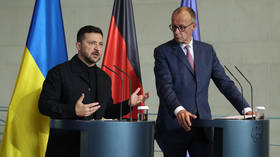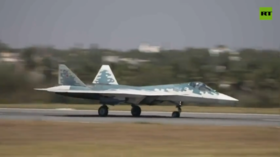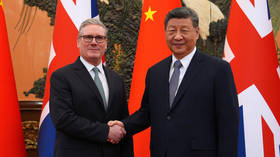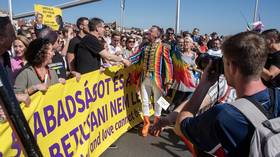EU won’t go to war against ISIS in Libya uninvited – Mogherini
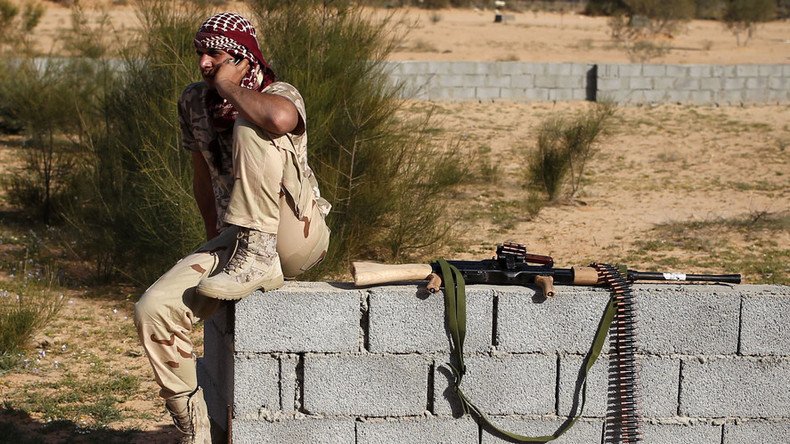
The EU will only intervene against the terrorist group Islamic State (IS, formerly ISIS/ISIL) in Libya if it receives an official invitation from the legitimate government of the country, the union’s top diplomat said.
"Defeating Daesh effectively can only happen through a legitimate Libyan government in charge of its own security," Frederica Mogherini told Journal du Dimanche in an interview published on Sunday.
Mogherini called Islamic State by the Arabic language acronym of the organization. IS has been gaining ground in Libya, seizing the city of Sirte and advancing on the oil-rich regions in the east of the country, which remains split between rival groups in the wake of the toppling of its leader Muammar Gaddafi by a NATO-backed uprising in 2011.
The UN has spent months trying to negotiate a unified government, which would be supported by all major power centers including the Islamist militia alliance Libya Dawn, which currently controls the capital, Tripoli.
"We have supported efforts to create a national unity government for months," Mogherini said. "If we want to help them, we should trust them because they know their country better than we do."
The internationally recognized parliament of Libya is to vote on Tuesday on a unity government deal.
The EU’s foreign policy chief was speaking days after the US conducted an airstrike on a suspected IS training camp in western Libya targeting a commander responsible for terrorist attacks in Tunisia. Two Serbian hostages were among the four dozen people reportedly killed in the attack on Friday.
The Pentagon said it was acting with the consent of the Libyan interim government, but the Libyans have denied this and accused the US of violating the country’s national sovereignty.
While Mogherini said Libya’s permission is needed to bomb IS troops on its soil, some EU members are not as picky when it comes to Syria. Several countries, including European heavyweights Germany, France and Britain, have been conducting military missions over Syria as part of the US-led coalition fighting IS, even though neither Damascus nor the UN Security Council mandated such intervention.



